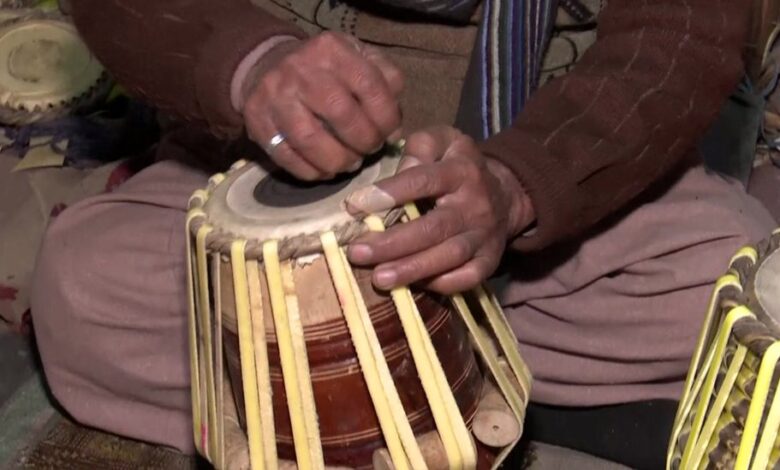
Ghulam Akbar Marwat
In the village of Tabi Murad in Lakki Marwat, religious scholars have imposed a ban on playing music during marriage and engagement ceremonies. The Ulema Committee of the village has issued a stern warning, stating that if anyone arranges a music program, local clerics will abstain from conducting Nikah ceremonies. Should an external cleric officiate a Nikah in defiance of the ban, a traditional Pashtun jirga will be convened.
Moreover, if a local cleric or hafiz presides over a Nikah in violation of the boycott, they will be required to pay a fine of 30,000 rupees to the Ulama Committee. The committee's written decision also stipulates that scholars will not participate in the funeral rites of any member of a house where music is arranged.
In addition to this, all scholars in the Lakki Marwat district have been cautioned to contact local scholars and verify the facts before officiating marriages with a medical intention. Approximately 30 scholars from the village have endorsed this decision.
Also Read: Crackdown on Illegal Immigrants: Pakistan Launches Operation with 49 Holding Points
DPO Lakki Marwat Tariq Habib expressed his support for this initiative, emphasizing the potential role of scholars in fostering development and peace in Lakki Marwat.
Inamullah Khan, a resident of Tabi Murad, commended the decision, noting that the villagers are pleased with the ban as individuals from nearby villages would often visit and disrupt the peaceful atmosphere during music programs. Furthermore, criminals from the area would also attend such events.
Maulana Ali Ahmed, a member of the Ulema Committee, revealed that issues had arisen due to music programs in the area. Local scholars received repeated requests from the community to address this concern. Initially, they delivered sermons in mosques, and eventually, a unanimous decision was reached. In the past month, approximately ten engagement and wedding ceremonies have taken place without significant music-related incidents.
He emphasized that while the written decision employs strong language, local scholars have the authority to exercise flexibility in its implementation. Their goal is not to enforce the ban by coercion but to educate and persuade the community to voluntarily abstain from such practices.